As your child gets older, she will develop two types of fears; those you have instilled in her for her own safety – fire, crossing roads, stranger danger – and those she develops that are less rational but a result of her day-to-day contact with the world around her – dogs, lightning, men with loud voices.
As she matures, some fears – of the dark, or looking under her bed – will be outgrown and replaced by more sophisticated fears – of the house burning down, of being robbed, of something happening to her parents. While some of your child’s fears may be legitimate, she will need you to give her reassurance and to put them into perspective by taking them – and her – seriously enough to address the issues. As odd as your child’s fear may appear to be, with a little detective work you may discover that her fear has its roots in some experience your child has had.
Common fears for toddlers
It’s a big, scary world out there, and every step your toddler takes toward independence comes with an equal measure of trepidation about what she’s stepping into. As your child explores the world around her, she’ll also discover that unexpected things can happen: The family cat can scratch, a finger can get caught in a door, a knee can bleed if she falls down the back stairs – and these surprising events can make her fearful of new experiences.
And as her thought processes becomes more complex, she can also imagine all sorts of possible scary scenarios which may involve everyday objects (all-consuming vacuum cleaners and bathtub drains, for instance) as well as imaginary threats (the monster under the bed). Your toddler will also have difficulty separating the real world from the imaginary world, and so TV programs and books can have a lasting impact on her active imagination – Hansel and Gretel can be truly terrifying if you don’t understand that it’s a work of fiction.
All these fears and anxieties are part of your toddler’s normal development, and as she matures and begins to make more sense of the world, many of her fears will lessen in intensity.
Many toddlers find strong emotions very frightening. If this is the case, try to work on keeping your own emotions under control particularly when they are directed at your toddler. Yes, you may feel at the end of your patience with her, but if shouting at her only makes a fraught situation worse, try to develop other ways of communicating how you feel with your toddler.
This article was written by Ella Walsh for Kidspot.

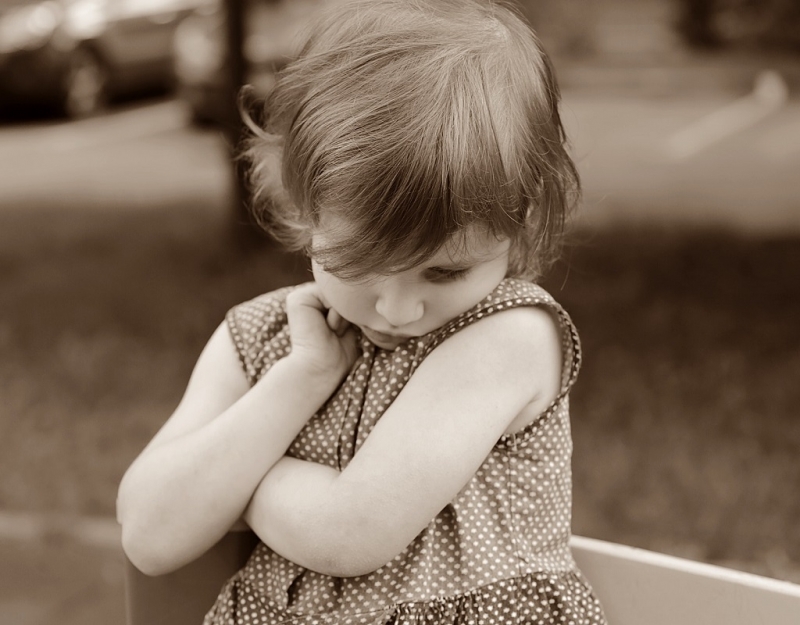
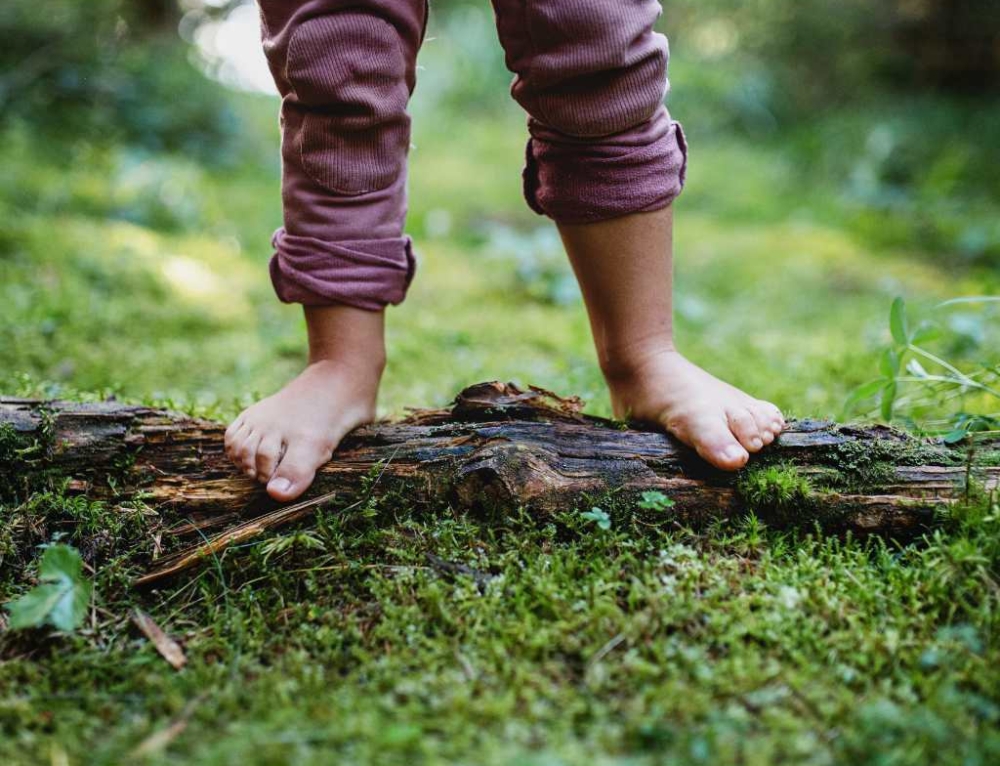
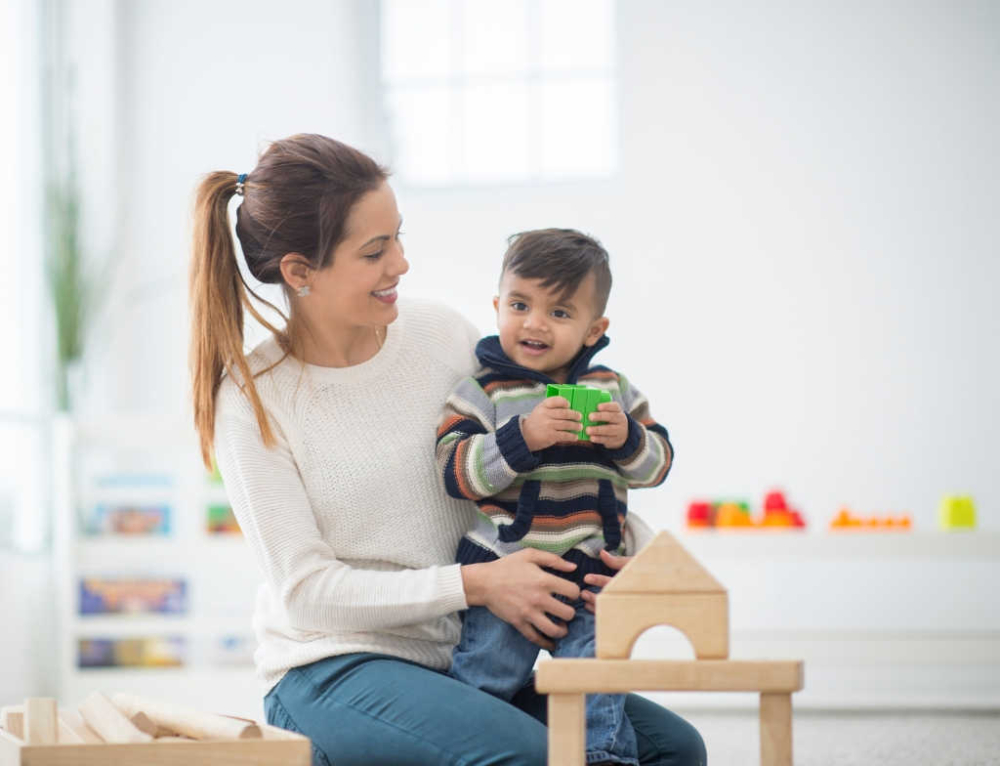

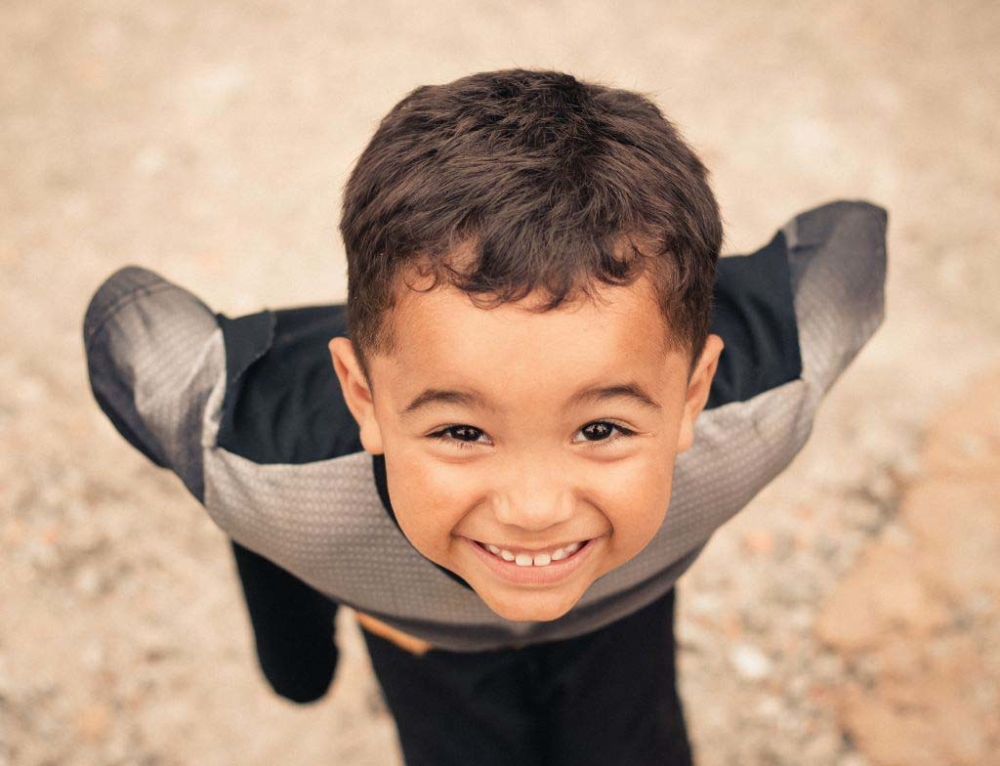
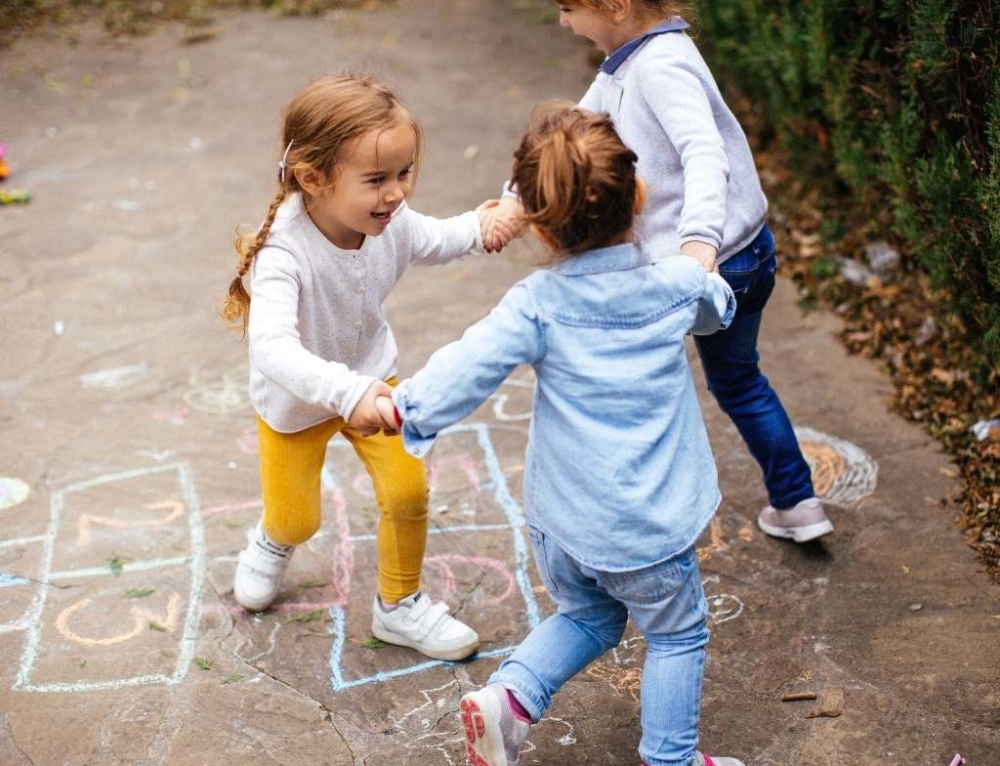
Leave A Comment
You must be logged in to post a comment.